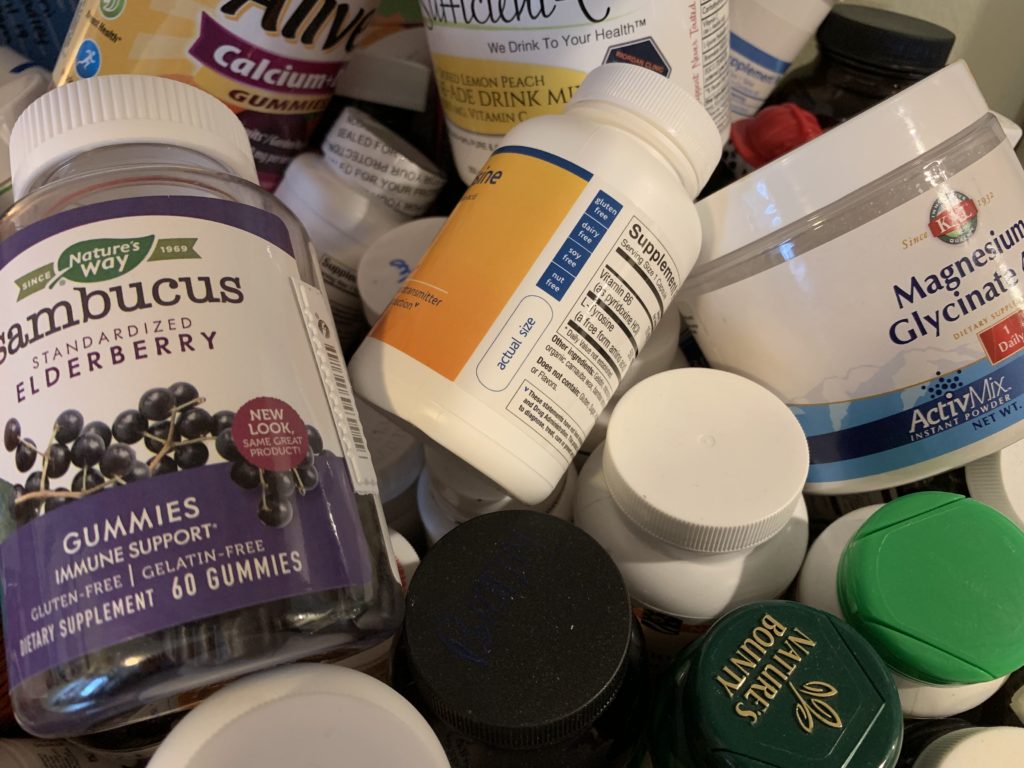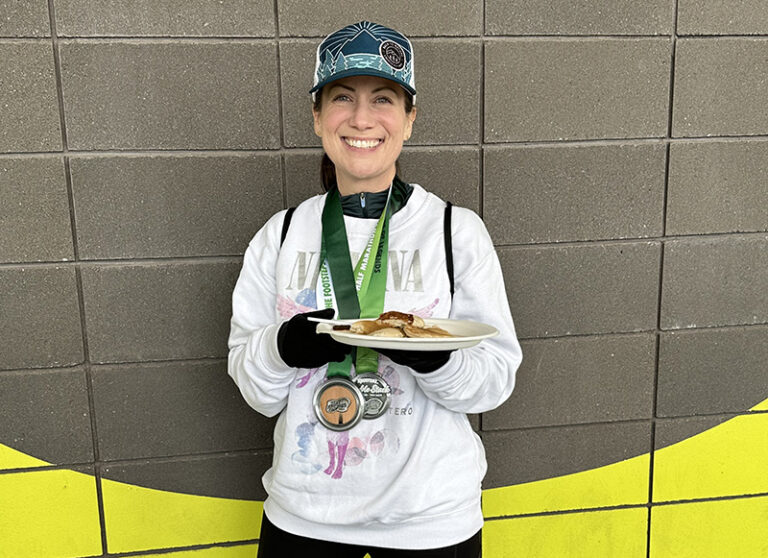Recently we lost a family member to the things that cause a body to rebel against its natural functions. It wasn’t something we could precisely pinpoint, but rather an ailment or condition here, some medical history there. Then one day the blips became a bang and we were left watching his empty vessel of a body take its last breath.
We went back in time to his home to clean it out and do the bizarre work of peeping into one’s personal affairs and private spaces. It’s an awful job. You become a voyeur of secrets, bad habits, and all the things we hope no one ever learns about us. Like how many hotel shampoos we’ve collected over the years, or just how out of date the condiments in our fridge are.
As I picked through the most recent months of life in a now vacant home, I couldn’t help but notice all the good intentions. So many things had been begun. So many possibilities for a different outcome were spread throughout the rooms. But they had not been used.
The living room was evidence of an inspired shopping habit and a deep curiosity about health. There were books on nutrition, exercise science, the latest health trends. There were boxes of recently received supplements of all sorts: supplements for energy, supplements for testosterone improvement, supplements for anti-aging and vitality and brain health and heart health. Unopened. Unread.
In the mayhem of this was also a brand new rowing machine, freshly unpacked and assembled, just waiting to be used. It may have been there for months, but no one had ever rowed it. If he had rowed it, or taken his expensive vitamins, if he had just taken the next step, would he still be here?
Forces beyond my understanding seem to know when it is our time, but that doesn’t mean we can’t mess around with the statistics a bit. How many good intentions do we have? How many unfinished starts lay in our living rooms? And what keeps us from making the progress we hope for?

It would seem that we have a culture of rock bottom and picture perfect that can overwhelm the idea of anything in between. We often don’t motivate ourselves to make a change until it is desperately and obviously needed. I have no doubt that if he had come home from the hospital, he would have taken those anti-oxidant-testosterone-boosting-magic-pills and gave the rower what-for.
We don’t have to wait to get that far down to create healthful change in our lives. We don’t have to wait until our spouse asks for divorce to get therapy. Heart attacks don’t have to be our wake up calls. Alcoholism doesn’t have to be why we choose to tone down our boozing.
Equally, we must learn to envision ourselves, and find pride, in the process of improvement. We often make this process harder by comparing ourselves to our Best Ever Version or our Imagined Perfect Version. Anything that has not arrived there yet is thus Not Good Enough. The critical voice in our head can be paralyzing.
We then just wait until we get to our lowest low and the discomfort is strong enough for us to fantasize about bikini bodies, going vegan, or running a marathon just long enough to make a change. Few of us ever reach those lofty goals. Most of us disparage ourselves while we are trying. Then we’re even worse when we “fail.”
Stop it.
Find the tiny things you can do to improve yourself. Know that some days you will get there and other days you won’t. Don’t fear the journey, the awkward slow runs after a hiatus, buying gym clothes that fit your post-holiday body, the three days a week you actually remember to take your vitamins. Get on the damn rower, even if you just sit there. Tomorrow, you might actually try rowing. And that is an improvement.













